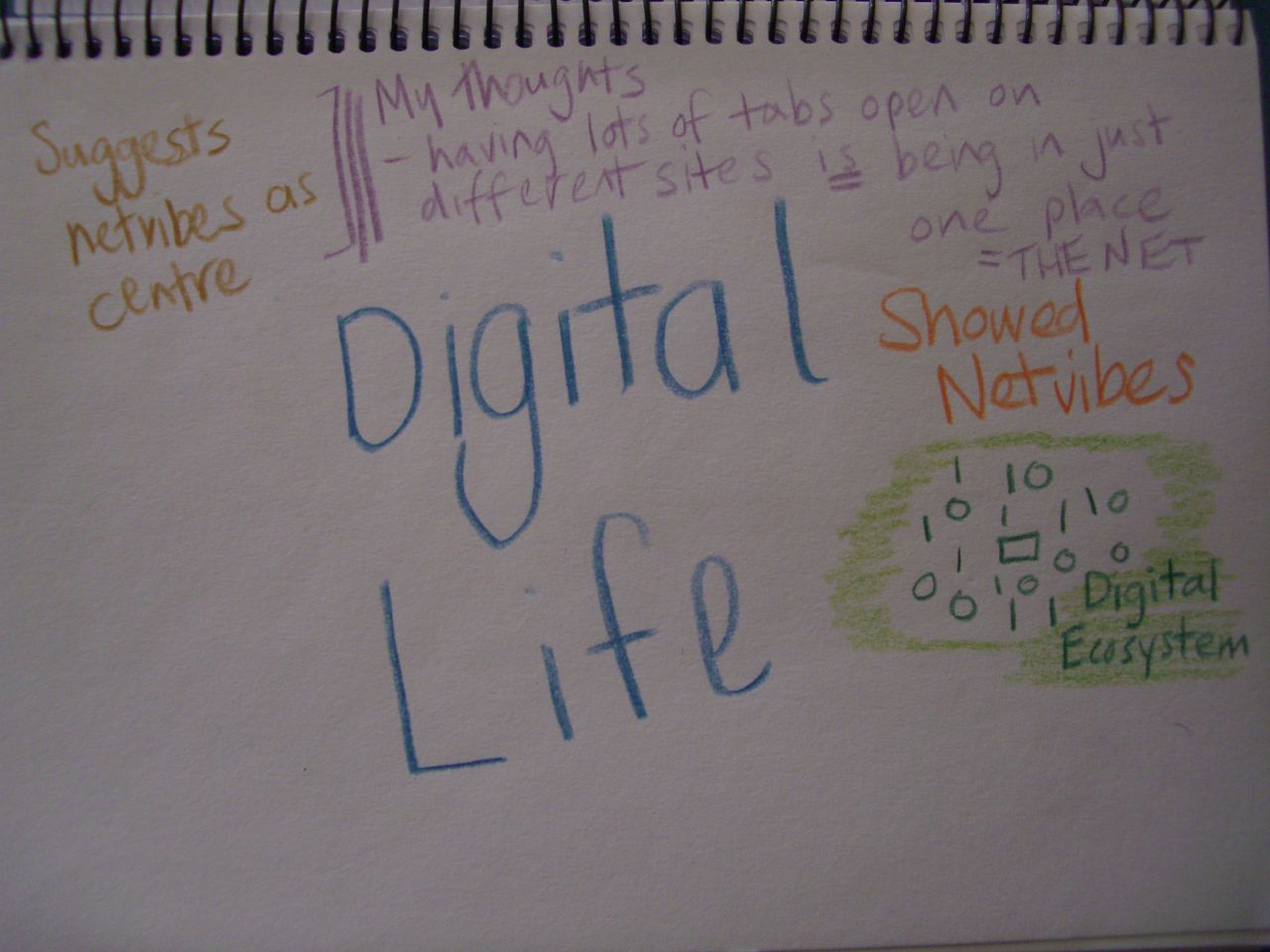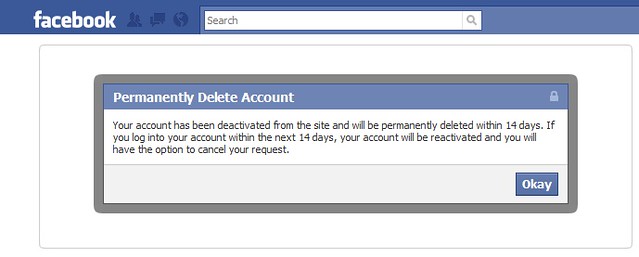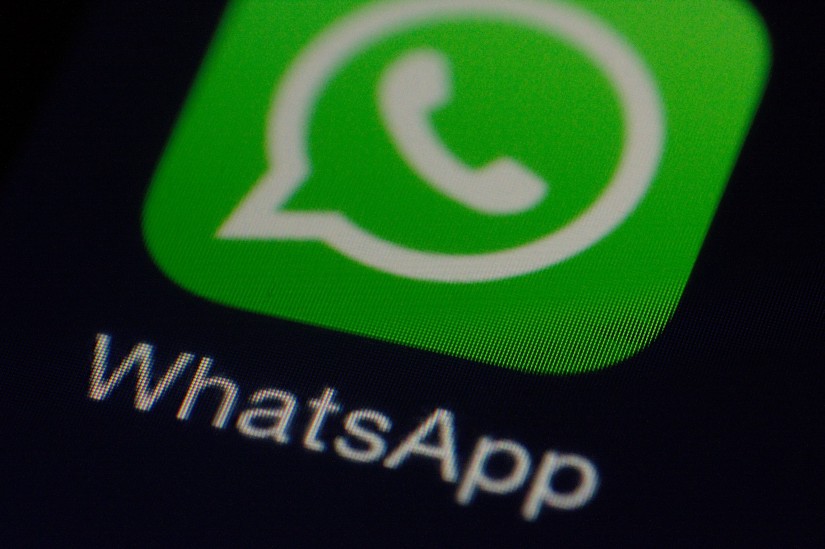Digital Life

The average value in 2014 of a Google or Facebook account are each $223 and $20.75. You are a prime commodity in the “data is the new oil” age. Be prepared that, whatever you share, can and will be used by corporations for their benefit and advancement.
For me, it dawned a while ago, that this might not be something i want. It all started a while back with that uneasy, ungrounded feeling that internet services are trying to control and take over more and more of our lives. Facebook has the “wall” where they stipulate what we see. Or Google has its Search Rank or optimized inbox.
Don’t get me wrong, I was a first adopter of Facebook , and the idea and practice of connecting you to your friends, family and close ones, no matter where they are, is very powerful and enticing.
But Facebook got more complicated, started this whole app ecosystem, payment possibilities, games, groups and many more things. To what purpose? —
— To entice you to spend as much time on Facebook as possible! To transform, filter and reduce the breadth and depth of the internet to the Facebook Wall. To control what you are seeing.
In the same direction went this whole facebook.com mail plague… Pushing you to the point where you will use the Facebook ecosystem even for mails. Striving to become the middle-man in all private conversations.
All of the above is already scary, but after reading the really well explained blog article from Salim Virani, that was my tipping point: http://www.salimvirani.com/facebook/
Facebook even started to do deep learning on facial recognition inside each uploaded Facebook photo (article by Alex Yumashev). That means Facebook is learning, how you look like on photos and knows, where you are on photos, even if you never have been tagged on those photos.
To make it even worse, the U.S. can require your social media accounts password to “check” you, before entering the country!
What a unreasonable violation of privacy! Through these repercussions, I finally understood fully, that I can’t have “privacy” on social media platforms like Facebook in any way.
So my initial approach was to handle Facebook like a website. Everything I post there, is public. And for private conversations/file exchange/sensitive data, I will have to use tools that are sufficiently secure to provide me the privacy I require.
Even if you don’t have a mail handle or the cell number, solutions like https://keybase.io can provide secure communications and file exchange, without knowing nothing more than a avatar name or handle. Quite powerful, in guess.
In the end, I have decided too, to delete my Facebook account. However, everybody has to decide for himself. If you want to keep your account, that’s also OK. Just be aware about the implications and make an informed decision.
In end, you want to be back in charge of your own conversations and thoughts, without the fear that its being steered or controlled. And i believe, this is your interest as well. Privacy is peace of mind…
Sources:
Addendum (April 2nd, 2017)
- https://www.theguardian.com/technology/2017/mar/14/deleted-social-media-apps-facebook-instagram-emotions-likes
- https://thebolditalic.com/facebook-goes-full-black-mirror-how-facebook-is-making-membership-a-prerequisite-to-everyday-e88fb03b0eb9
- https://www.nytimes.com/2016/11/20/jobs/quit-social-media-your-career-may-depend-on-it.html
Addendum (May 2nd, 2017)
Addendum (September 23rd, 2017)
Delete Facebook

I am a strong believer, that the decisions you make as a consumer, are shaping the services and companies you consume from. If you do not consent with the actions of such a company: Don’t buy/consume from them. In a bit extreme way, you are supporting the policies from those companies yourself with the consumption.
Before deleting, I wanted to explain on Facebook why I am leaving. Surely, it will be gone when the account is deleted, but the people that matter, will notice.
I am retaining some social network connections on Twitter which is more like a blog and is public anyway. I have no private conversations on Twitter, it’s intended to be public. For writing and publishing articles i can recommend Medium or your own blog.
When you are ready, download a backup, detach your apps and so on. If you like, you can use a guide from the internet, for example: https://deletefacebook.com/
And remember, where you have a concentration of power in a few hands, all too frequently men with the mentality of gangsters get control. History has proven that. All power corrupts; absolute power corrupts absolutely.
Sir John Dalberg-Acton
Well done!
Delete WhatsApp

One surprising outcome of deleting Facebook for me as well, was that there is no real need for an alternative. In my experience, you have more personal visits and phone calls and most real conversations do not happen on Facebook these days. Instead we mostly use messengers.
That’s the main reason Facebook bought WhatsApp, even though they have Facebook Messenger: They want to stay the prime method of contact for all conversations.
The good news are, that there are many good alternatives to WhatsApp. The only difference for most users is:
Who is using these alternatives?
Hence it’s important to get as many peers on those alternative networks. If you only want to choose one and only, then I recommend Signal.
Recommendations:
- Signal: OpenSource, Free, Security Audited, Android, iOS, Chrome App, Chat, Video, Decent Crypto
- Wire Messenger: Closed Source, Free, Security Audited, Android, iOS, Chat, Video, Good Crypto
- Telegram: Closed Source MProto Protocol, Security Audited, Android, iOS, Windows Phone, native Desktop Apps, optional end-to-end encryption, Good Crypto
- Threema: Closed Source, Costs 2,99 €, Android, iOS, Windows Phone
- Wickr: Photo, Video, Voice Messages, Share Files, Decent Crypto
Sources:
- http://www.theverge.com/2017/1/12/14244634/signal-app-secure-messaging-trump-surveillance-encryption
- https://vowe.net/archives/016174.html
Browse privacy aware
Even when you have deleted your Facebook account and you browse the web, you should take care what footprints you leave behind. Google, Facebook, Amazon and so on are trying to track you, even if you have no account.
The Electronic Frontier Foundation is a good place to start:
Otherwise, the Firefox mobile browser is quite decent, fast and works basically like any browser on your device. On Android, you can literally install all of the plugins, you already use on Desktop.
Mobile browsers on iOS are bound basically to Safari, whatever app you use, due to restrictions from Apple. But adblocking got a lot better these days.
Privacy respecting mail provider
If you want to go the extra mile (as i did), you can change your mail provider to a privacy aware one. There are real decent providers out there, that can rival GMails UI or Google Docs like apps.
Recommendations:
- https://mailbox.org
- https://posteo.de
- https://hushmail.com
- https://lavabit.com
- https://protonmail.ch
Generally, the most important point is that your privacy should be at the core DNA of the company. That they are hosting the data in a “safe” country with good privacy laws. And lastly, that they do a very good job at encryption, meaning where PGP is kind of built in. The term coined by the community is: Zero Knowledge (only your machine has your decrypted data).
Encrypt your personal files
Feeling uneasy about who could access your files like children pictures, important tax documents or a health diagnosis?
Microsoft(OneDrive), Google(GDrive) and Apple(iCloud) are U.S. companies and are not really encrypting your data end-to-end. Meaning, they could, if need be, decrypt and hand out the data to authorities or use it for their own purposes.
In the current situation a subpoena is enough to access your data, without your consent or approval. Even the latest Privacy Shield (US-EU data exchange) regulation does not protect you properly. Hence you can do these 3 things (not necessarily exclusively):
- Leave everything as it is, and accept the risk that 3rd parties could access your files.
- I do that with my standard photos. I use the backup function of Prime Photos. But i could just as well use my NAS.
- Move all your personal files to a private storage, like a QNAP/Synology at a safe location.
- I have that as well, for the big data chunks, local backup of data and photos etc..
- Use your Cloud Storage (OneDrive, Google Drive etc.), but do encrypt them with a tool like Cryptomator
- That’s what i personally did, and can really recommend to most people.
- I use it for confidential data, like contracts, doctor stuff and personal memories.
Feedback is highly welcome!
